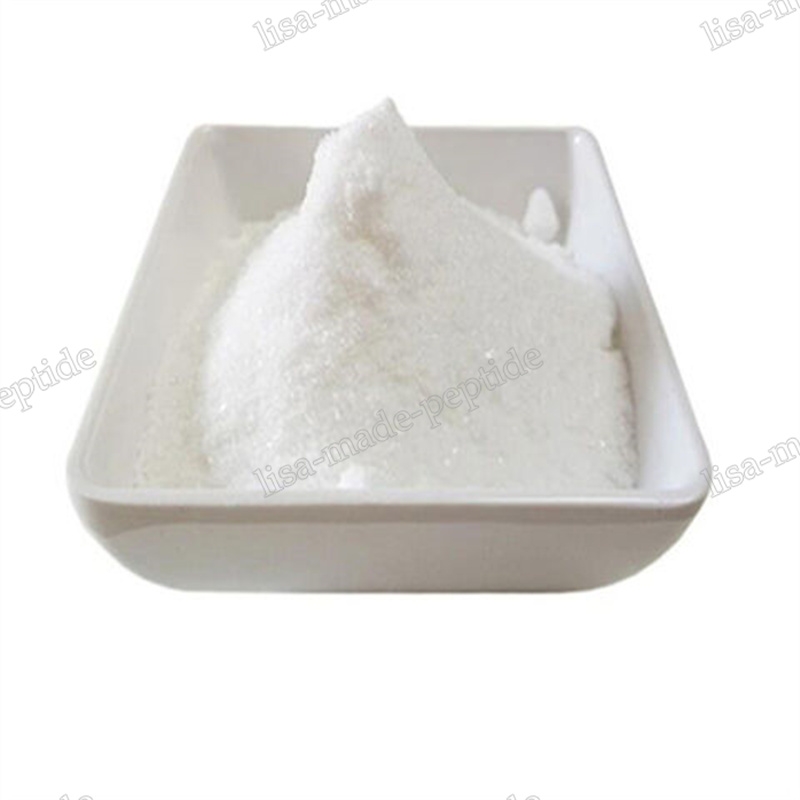-
Categories
-
Pharmaceutical Intermediates
-
Active Pharmaceutical Ingredients
-
Food Additives
- Industrial Coatings
- Agrochemicals
- Dyes and Pigments
- Surfactant
- Flavors and Fragrances
- Chemical Reagents
- Catalyst and Auxiliary
- Natural Products
- Inorganic Chemistry
-
Organic Chemistry
-
Biochemical Engineering
- Analytical Chemistry
-
Cosmetic Ingredient
- Water Treatment Chemical
-
Pharmaceutical Intermediates
Promotion
ECHEMI Mall
Wholesale
Weekly Price
Exhibition
News
-
Trade Service
On January 1, 2022, the Regional Comprehensive Economic Partnership (RCEP) signed by 15 countries officially entered into force, which means that free trade in the Asia-Pacific region has entered a new milestone
.
The agreement will achieve a substantial reduction or even exemption of tariffs among member countries, and will also enable Japan to conclude an economic partnership agreement with China and South Korea for the first time
.
Industry insiders believe that for the petrochemical industry, the entry into force of the RCEP agreement will create more favorable and convenient conditions for the development of Chinese petrochemical enterprises in the Asia-Pacific region, but it will also bring certain challenges
.
According to estimates by international think tanks, in 2025, RCEP is expected to drive member countries' export growth by 10.
4% higher than the baseline, bringing new opportunities for promoting regional economic integration and promoting regional and global economic growth
.
Bai Ming, deputy director of the International Market Research Institute of the Academy of Commerce of the Ministry of Commerce, said that under the severe international economic situation, the conclusion of RCEP will enable the formation of stable free trade relations among the member states, and under the tide of economic de-globalization, Create a relatively superior and safe regional investment and trade environment and bring better economic prospects to member states
.
Pang Guanglian, member of the Standing Committee and Deputy Secretary General of the Party Committee of China Petroleum and Chemical Industry Federation, and Secretary General of China Petroleum and Chemical Industry International Production Capacity Cooperation Enterprise Alliance, said that in recent years, unilateralism and trade protectionism have had adverse effects on the global economy.
The signing of the agreement is like a "stimulant", which plays a very important role in regional economic development, shaping a good international trade environment and coping with the negative impact of the new crown pneumonia epidemic
.
The most interesting aspect of the RCEP agreement is the drastic reduction in overall tariffs
.
According to the content of the agreement, the tariff commitment schedules applicable to RCEP parties are divided into two categories.
One is "unified concessions", that is, the same product applies the same tariff reduction arrangements to other parties; the other is "country-specific reductions".
Let”, which means “the same product originating in different contracting parties is subject to different RCEP agreement tax rates when imported”
.
"The huge dividends generated by the Chinese market will bring tangible benefits to all RCEP member countries
.
" Bai Ming said, this is the common pursuit of regional economic development, investment and trade by countries in the region
.
At the same time, China has benefited a lot from more zero-tariff products entering China
.
The substantial reduction in tariffs will also bring tangible benefits to chemical companies
.
"The RCEP agreement will gradually reduce or cancel the import and export tariffs on related chemicals, which also means that the price advantage of imported goods will be gradually reflected in the future, which will promote the circulation of raw materials, technology and capital in the region, and help strengthen the domestic chemical industry.
Long-term competitiveness
.
" said Bai Wei, general manager of Jiangsu Sailbang Petrochemical Co.
,
Ltd.
According to Bai Wei, taking Sierbang acrylonitrile as an example, since the export price is about 6% higher than domestic sales since the beginning of this year, the export enthusiasm of enterprises has been stimulated
.
At present, the main export areas of Silbong are the coverage areas of RCEP agreements such as South Korea
.
The gradual reduction of tariffs is undoubtedly beneficial for companies with technological, cost and scale advantages
.
Yang Huirong, general manager of Sichuan Hebang Biotechnology Co.
, Ltd.
, also believes that the RCEP agreement will enable many enterprises with export advantages to increase export volume and alleviate the contradiction between domestic supply and demand
.
"From the perspective of petrochemical trade with other countries, the substantial reduction in tariffs is conducive to China's imports of upstream raw materials and downstream high-end products, and helps to smooth the export channels of China's chemical products to RCEP countries, forming a tighter supply chain
.
" Pang Guanglian said
.
However, in addition to opening the door to freer international trade for the chemical industry and greatly reducing the cost of international trade, the RCEP agreement will also bring certain challenges
.
"For example, the reduction of import tariffs on chemical products will intensify the competition in the domestic refining and chemical industry
.
At the same time, the participation of Japan and South Korea will affect China's processing and export advantages to Southeast Asia
.
" Pang Guanglian said
.
Bai Ming revealed that the Ministry of Commerce is currently actively promoting the investment layout of a number of petrochemical companies in the RCEP region
.







